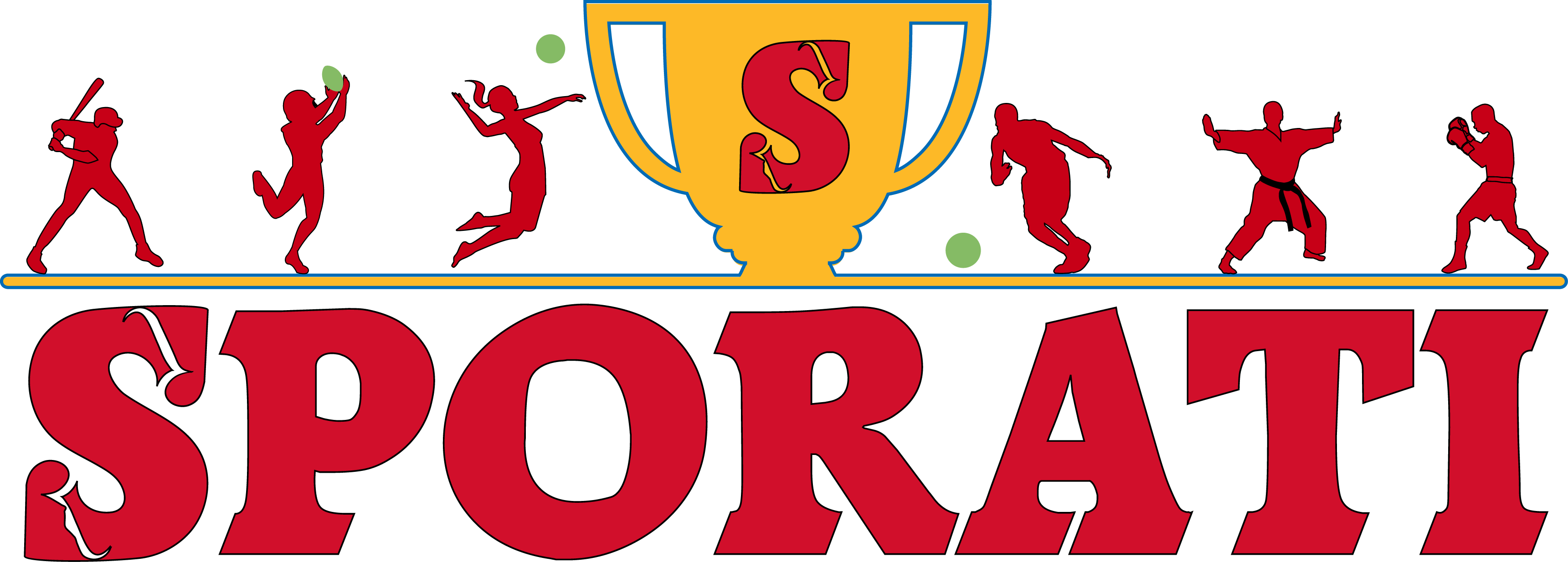Russian Skaters Neutral 2026
It seems like the phrase “back on thin ice” is more metaphorical than ever for Russian figure skaters. After months of heated debate, the International Olympic Committee (IOC) has given Russian skaters the green light to compete in the 2026 Winter Olympics in Milan-Cortina, albeit under the neutral flag. The decision comes amidst global scrutiny and serves as a compromise that seeks to balance the spirit of the sport with political sensitivities.
Skating Without a Flag: A Rocky Ice Path
Let’s get one thing straight: the decision to allow Russian skaters to compete as “neutral athletes” isn’t exactly a warm hug from the global sporting community. Instead, it’s more like an icy handshake. With international tensions still running high, this move represents a carefully crafted olive branch. The Kremlin may have hoped for full reinstatement, but the IOC wasn’t ready to fully unfreeze relations.
Russian athletes have been walkingor rather, skatingthis neutral tightrope for years. From the doping scandals that rocked the sporting world to ongoing geopolitical tensions, it’s clear that their journey to Milan won’t be straightforward. Perhaps the biggest challenge isn’t landing a triple Axel, but rather navigating the frosty reception they might receive on and off the rink.
What Does “Neutral” Mean, Anyway?
For anyone outside the nuanced world of international sports, the term “neutral” can sound a bit vagueor even hollow. In practice, competing as a neutral athlete means:
- Russian skaters will not represent their country officially. No flags. No anthems. No “from Russia, with love” moments on the podium.
- They’ll compete under the Olympic flag, which showcases the five-ring symbol often synonymous with global unity and neutrality.
- Athletes must meet strict anti-doping criteria and pledge adherence to IOC neutrality guidelines.
All these measures may come off as more “administrative ice dancing” to some, but they are key to including athletes while maintaining the games’ integrity amid a politically charged environment.
Reactions: Cheering (+ Booing) from the Sidelines
The Athletes Speak
The skaters themselves have largely remained diplomatic, delivering a mixture of gratitude and frustration. For some, any opportunity to compete is a chance to reignite their careers after years of uncertainty. As one anonymous skater said,
“We’ve trained for yearsnot for politics, but for skating. If this is the only way, we’ll take it.”
Others, however, can’t ignore the symbolic weight of competing with no anthem to proudly call their own. A prominent Russian coach made waves by stating, “Without our flag, we’re ghosts on the rink. But ghosts, too, can haunt the competition.” Pretty poetic, right?
Global Opinions: A Mixed Bag
International reaction has been a blend of cautious approval and skepticism. Supporters argue this is a fair compromise, ensuring athletes aren’t punished for political decisions beyond their control. Skeptics, however, see it as a loopholeone that risks diluting the accountability measures nations face in the wake of international scandals.
Meanwhile, fans remain divided. Social media platforms have lit up with hashtags ranging from #FairPlayForAll to #NoFlagsNoSkates, proving that even in the digital age, ice skating can stir up some heated debates.
A Look Ahead to Milan 2026
This isn’t the first Olympics where Russian athletes have competed under neutral conditions, but Milan 2026 promises to be unique. With figure skating traditionally a major draw for the Winter Games, all eyes will undoubtedly rest on these “neutral” skaters. Here’s what to expect:
- Strong Expectations: History isn’t exactly neutral when it comes to Russian dominance in figure skating. From quadruple jumps to unforgettable artistic routines, they’ll likely aim to remind everyone why they’re powerhouse performersflag or no flag.
- Heightened Pressure: Besides the technical competition, these athletes face media scrutiny at every turn. Neutrality doesn’t exactly translate to invisibility.
- Political Undertones: Whether the athletes acknowledge it or not, psychology plays a role. The crowd might cheeror jeerwith motivations as political as they are personal.
And let’s not forget that these Games mark the return of Italy as a Winter Olympics host. If Milan’s infamous fashion sense makes its way to the rink, we’re in for a dazzling mix of artistry and athleticism.
Neutral but Unforgettable?
While competing without a flag may seem like skating on thin ice, it also paves the way for something extraordinary. Russian athletes have the chance to remind the world that talent and hard work transcend boardroom diplomacy. Milan 2026 could be the year we remember not just for the medals won, but for the message these skaters sent: that even under neutral flags, their performances are anything but forgettable.
So, whether they’re met with applause, silence, or the occasional boo, one thing’s certain: all eyes will be on that rink come 2026. After all, there’s nothing like a little drama under the spotlightand on ice, no less!

